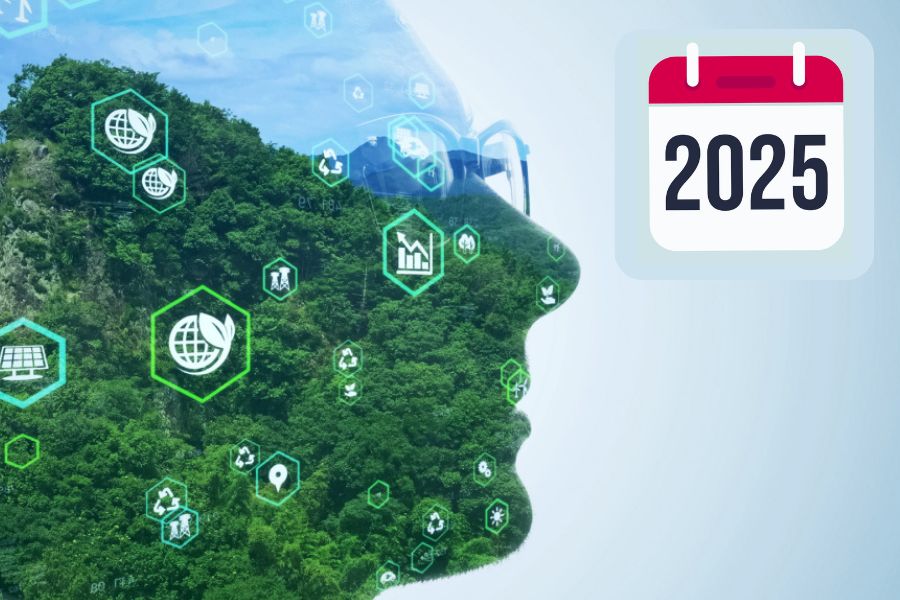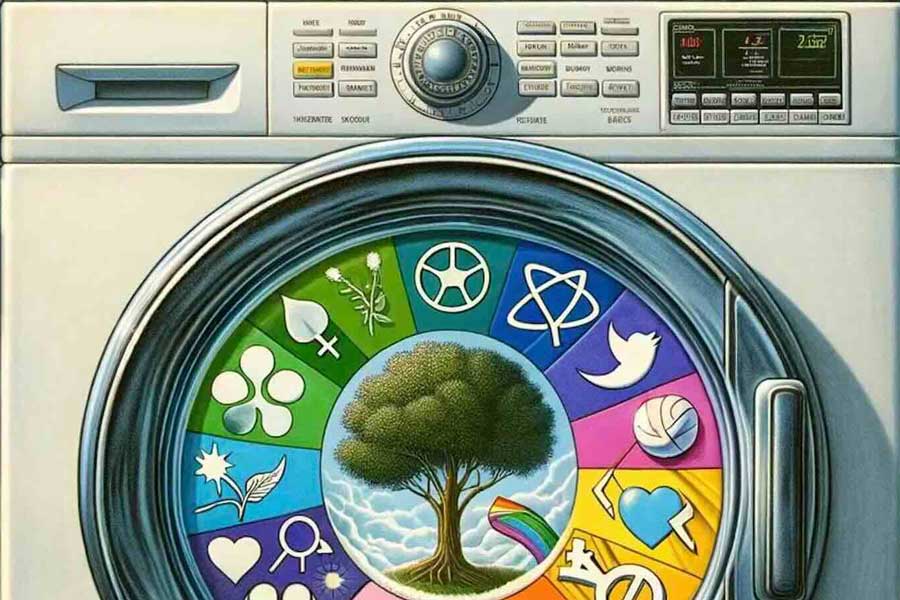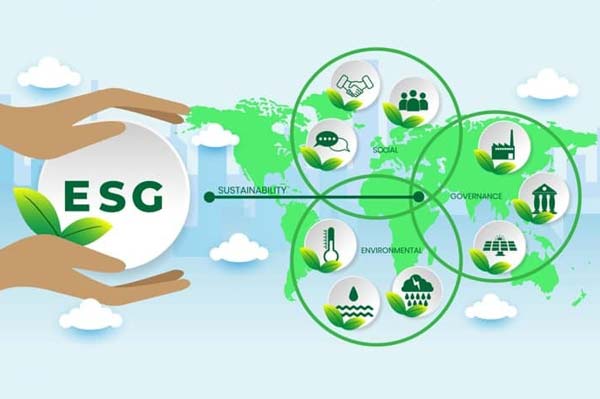A report from the International Energy Agency (IEA) indicates that while over 5,500 gigawatts (GW) of renewable capacity is expected to be added by 2030—almost three times the growth seen from 2017 to 2023—it will not fully meet the targets established for this crucial period.
This increase is comparable to the total current power capacity of China, the European Union, India, and the United States combined, but the challenge of integrating all this new renewable energy into existing grids remains a major obstacle. To truly achieve climate goals, we need to expand and modernise power grids, adding around 25 million kilometres of transmission lines and developing 1,500 GW of energy storage by 2030 to handle the intermittent nature of renewable sources like wind and solar.
Solar power is expected to be the primary driver of this transition, contributing about 80% of the total increase in renewable energy capacity. Wind power is also projected to see significant growth, with its growth rate expected to double compared to recent years. Furthermore, solar panel manufacturing is anticipated to exceed 1,100 GW by 2024—more than double the projected demand. While this oversupply has led to lower costs, it has also posed financial challenges for manufacturers, many of whom are facing reduced profits.
Despite the rapid growth in renewable energy, global efforts to decarbonise are not meeting critical targets, especially in emerging markets.
Can we speed up the transition to achieve net-zero goals by 2050? Despite the challenges, many countries are making significant strides. Approximately 70 nations, which together represent 80% of the world’s renewable power capacity, are on track to meet or even surpass their 2030 goals. The push for renewables is now driven not just by environmental concerns or energy security but also by economic factors. In many regions, renewable energy has become the most cost-effective option for building new power plants.
However, the overall picture of decarbonising the global economy reveals some troubling trends. While many of the wealthiest nations are making progress, a recent report from Fitch Ratings highlights that emerging markets are falling behind. In 2023, global carbon dioxide (CO2) emissions increased by 1.8% despite a 2.9% growth in the global economy. This slight reduction in emissions relative to GDP growth, just over 1%, aligns with trends from previous years but is far from the significant cuts needed to achieve net-zero targets by 2050.
While emissions in major developed economies are at their lowest since the 1970s, many emerging markets are heading in the opposite direction. CO2 emissions from 10 key developing economies rose by 4.7% last year. This is particularly concerning as these countries are experiencing faster economic growth and now represent a larger share of global energy consumption. The slow progress in these regions is partly due to a lack of investment in clean energy projects, especially in emerging markets outside of China.
In closing
Although the global transition to renewable energy is advancing more rapidly than anticipated in several regions, significant obstacles remain in decarbonising the global economy at the necessary pace. Developed nations are indeed making substantial strides, but if emerging markets do not enhance their initiatives, reaching the target of net-zero emissions by 2050 will continue to be a formidable challenge.



